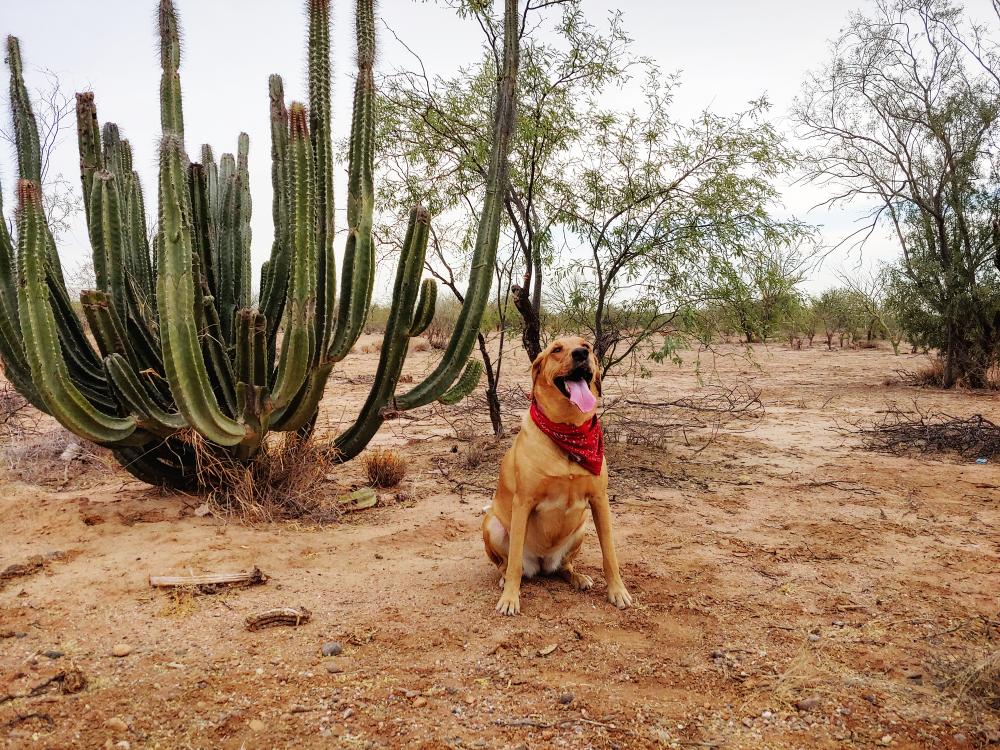Foxtails, Cactus, and Other Hidden Outdoor Dangers for Texas Pets

If your beloved pets enjoy exploring the great outdoors, remember that amid the beauty of the Texas landscape lies plants that pose serious risks to our furry friends. Among these are foxtails and cacti, which are particularly prevalent in this region. In this blog, our caring team at The Vet Gal and Guys delves deeper into these prickly plants and other outdoor hazards for Texas pets to help you better protect your loyal companions.
Avoiding Foxtails in Texas
These pesky plants produce barbed seed heads resembling a fox’s tail, hence their name. Once they attach to a pet’s fur, foxtails can migrate through the skin and into deeper tissues, causing painful injuries and infections. The barbs can travel to various parts of the body, including the eyes, ears, nose, and even internal organs, leading to serious health issues if not treated.
Ouch! Watch Out for Texas Cacti
Texas is home to a variety of spiny cacti, and one poke is all it takes to cause immediate pain and a potential infection if the spines break off and stay embedded. These three species pose a significant cactus danger for pets due to their sharp spines:
- Prickly pear
- Cholla
- Barrel cactus
Proactive Pet Safety in Texas
Protect your pets from the hazards of foxtails and cacti with these precautions:
- Avoid cacti-dense regions and areas heavily infested with foxtails.
- Regularly groom pets, particularly those with long fur, and remove superficially attached foxtails before they cause harm.
- After outdoor activities, thoroughly inspect your pet’s fur, paws, ears, nose, and between the toes to prevent foxtails and cactus spines from embedding deeper into the skin. Attempt to remove only those trapped in the fur or on the skin’s surface.
- When hiking or walking in areas known for foxtails, consider using protective gear such as booties, goggles, and vests designed for pets.
- Keep pets leashed so you can control their movement in places where foxtails and cacti are present.
Other Outdoor Hazards for Texas Pets
In addition to foxtails and cacti, Texas pet parents need to be mindful of other outdoor dangers, including:
- Heatstroke: Ensure your pet has access to plenty of water and shade, and avoid outdoor activities during the hottest part of the day.
- Pesticides and fertilizers: Always keep pets away from recently treated areas and store these chemicals out of reach.
- Snakes: Texas is home to a variety of snakes, including venomous species such as rattlesnakes, copperheads, and water moccasins. Be vigilant during walks and hikes.
- Poisonous plants: Common toxic plants include oleander, sago palm, and azaleas. Be aware of the plants in your garden and neighborhood and keep pets away from them.
Taking the Bite Out of Foxtails and Cacti
If you find embedded foxtail barbs or cactus spines on your pet, please contact our team at (817) 733-3011. We can safely extract them and provide the necessary treatment to prevent infections.


